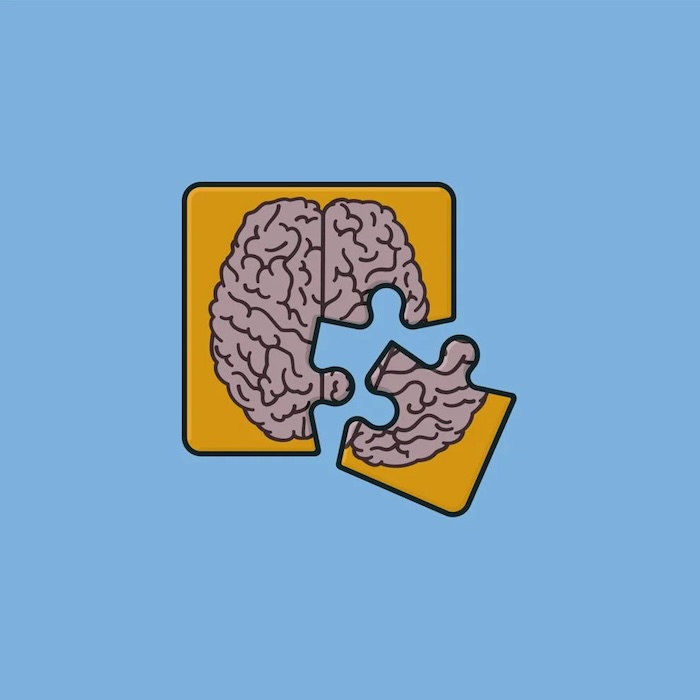
By DANA TERRITO
When is someone with dementia ready for hospice care?
Considered to be the model of quality and compassionate care for individuals facing a serious or life-limited illness or injury, the concept of hospice care began in England in the 1950s.
A pioneering physician named Dame Cicely Saunders created the first modern hospice there in 1967. Hospice care focuses on caring, not curing, and in most cases, care is provided in the individual’s own home. Hospice care is also provided by self-supporting hospice centers, hospitals and nursing homes and other long-term care settings.
Hospice services are available to individuals of any age, religion, race or illness and is covered under Medicare, Medicaid and most private insurance plans, HMOs, and other managed care organizations.
The characteristics of dementia and Alzheimer’s disease are that they are life-altering and eventually fatal conditions for which curative therapies are not available. When someone reaches the stage of Alzheimer’s disease or other dementias in which everyday activities become too difficult for family caregivers to manage, and the symptoms become dramatically more pronounced, a doctor can refer the patient to a hospice provider for end-of-life care.
Some of the characteristics the affected individual may be exhibiting include the lack of ability to ambulate without assistance, incontinence of bowel and bladder, inability to dress and bathe properly, and speech limited to approximately a half dozen or fewer intelligible and different words. There are also intercurrent illnesses associated with advanced dementia in which hospice services would be a benefit. These include aspiration pneumonia, urinary tract infection, septicemia and impaired nutritional status. Hospice care is also available when co-morbid conditions significantly impair the affected individual’s health. These include congestive heart failure or cardiovascular disease, COPD, diabetes, renal insufficiency or malignancy.
Hospice services provide exceptional benefits for those with Alzheimer’s disease or other dementias. Each affected individual receives an individualized care plan, considering the individual’s condition and specific symptoms to determine what services are needed. Hospice provides durable medical equipment and medical supplies to assist family caregivers in managing the symptoms of their loved ones’ disease.
Additionally, hospice care workers can offer families recommendations for creating routines that help the individual feel more comfortable. A multidisciplinary team, including a medical director, oversees the individual’s care.
To begin hospice care, the family caregiver needs to obtain a physician referral. Hospice care is intended for individuals with a life expectancy of six months or less, so individuals with advanced dementia or Alzheimer’s must meet the criteria to qualify for care and receives a doctor’s referral. It can be difficult to assess when the end-of-life will occur since the disease progresses at different rates for everyone, so families need to begin the conversation with a doctor when the individual enters the later stages of the disease.
Most people use hospice care far too late. For more information about hospice care, reach out to the Hospice Foundation of America at hospicefoundation.org; the National Hospice and Palliative Care Organization at https://www.nhpco.org, or the Alzheimer’s Association at www.alz.org.
Complete Article ↪HERE↩!
